The air over Wuhan is breathable. The smog that once blanketed southern California has vanished. Wildlife is strolling through deserted city streets. Even pandas are mating again. In the first months of the coronavirus lockdown, countless images of environmental renewal have circulated widely on social media.
It reminds me of A Journal of the Plague Year, published in 1722 by the British novelist Daniel Defoe. The book describes the effects of what he called the “Great Visitation” of the Black Death on the citizens of London. It’s an unforgettable portrait of grief and chaos — but also redemption.
You may unsubscribe from any of our newsletters at any time.
Nearly 300 years later, with society locked once more in mass quarantine, many people have grave worries about how this new contagion will impact civilization.
More on Broadview: How churches rallied in a pandemic
But as the environmental memes show, we’re also wondering how the coronavirus might affect our planet, and this raises the even larger question of our species’ long-term survival. We are in an era of human-caused scourges: carbon overload, species annihilation, scorched land, acidifying seas. Now, Mother Earth has breathed a sigh of relief as humans have been inadvertently forced by a single virus to stop harming her. We are witnessing the Earth’s capacity for resilience in real time, watching in wonder as she heals.
What will happen when the plague year is over? Will we allow this planetary revival to persist? It’s impossible to know yet. But I can see a couple of scenarios.
The first is beautiful. Humanity (at least in the developed world) embraces the pause necessitated by the virus. We simply stop consuming so much stuff, stop expecting constant growth in our national economies, stop the continual striving. We make do with what we have.
I’ve seen in myself the impulse to pull back. As the pandemic rages, the marketing emails I keep receiving — once forbidden but fiercely appealing fruit — merely feel quaint. Does one really need a $159 pair of toffee-coloured knit mules to complete one’s outfit?
In fact, more than quaint, these appeals to spend money feel a bit tone-deaf. How can I focus on frocks and mules when so many people are in danger and out of work and desperate?
The urge to stop and rethink has a huge appeal. What if we could leverage this dreadful moment in our species’ history to right past wrongs?
There are already signs that this might be the turning point. People all over the world are suspending some of their wants and needs in aid of the greater good. They’re relaxed about governments setting new policies that impinge on their personal freedoms because they know the policies are based on reliable information aimed at keeping them safe. And they are on high alert about how the pandemic is affecting the most vulnerable. Being civic-minded has never been sexier.
At the same time, governments all over the world are loosening the purse strings — or, more accurately, cutting the strings, turning the purse upside down and shaking out every last penny — to help people because they know it’s the right thing to do.
In other words, citizens and their politicians are finally looking at the big picture.
These are the very motives for action that climate activists have tried for decades to trigger. And for decades, they have been repulsed by governments saying that people won’t act for the greater good or countenance the costs of reversing the climate catastrophe because those actions might impair economic growth. The result has been business as usual, with the carbon dioxide concentration in the atmosphere on an unrelenting, dangerous march upward. Until the pandemic.
Will governments use this opportunity to restructure the economy along safer lines? In parts of Europe, the answer is yes. A dozen European countries, including the economically powerful Germany, are pressing for what they call a Green Deal to be at the heart of post-pandemic economic plans. It means cutting reliance on fossil fuels and moving more swiftly into a carbon-neutral economy. It means life and health and hope.
What will happen when the plague year is over? Will we allow this planetary revival to persist?
And yet a different, ugly scenario is possible, too. Once we are out of lockdown, governments may pull out all the stops to ramp up the dirty old economy, saying they need to replenish their purses as quickly as possible. Citizens will want to make up for lost time, to get back to “normal,” not invest in a new system. Relieved to have survived the immediate threat of the virus, they will put longer-term dangers, like the climate crisis, on the back burner. The carbon concentration in the atmosphere will rise more remorselessly, fast-tracking climate collapse.
The United States, for example, even in the teeth of the pandemic, is already pursuing a raft of policies that would undercut attempts to lower carbon emissions. These include rolling back fuel-efficiency standards for vehicles, fostering mines in Alaska, selling oil and gas leases on public lands, and loosening standards on methane emissions.
And it’s possible that even as quarantined citizens marvel at Earth’s ability to rebound, they will fear that it can only happen under these extreme circumstances. It’s easy to forget that our planet has immense recuperative capacity and that it doesn’t require billions of us to be in lockdown to heal. There are many comprehensive road maps that show us the way to a carbon-free future, and they don’t call for a global economic shutdown. They call for a smart retooling, implemented over time, starting right now.
What I’d like is for this respite in our species’ impact on the planet to stand as a metaphor. The damage we’ve done to the atmosphere and the ocean and the other creatures of Earth is a fact but not a prophecy. We can change this trajectory. We can acknowledge the hurt we’ve caused, mourn that it happened and know that we can do better.
We are in a time of unparalleled danger and unparalleled opportunity. Yes, there is chaos and death and pain in this “Great Visitation.” But all of it could lead, paradoxically, to redemption.
***
This column first appeared in Broadview‘s July/August 2020 issue with the title ‘Green opportunity.”
Alanna Mitchell is a journalist, playwright and author in Toronto.
I hope you found this Broadview article engaging. The magazine and its forerunners have been publishing continuously since 1829. We face a crisis today like no other in our 191-year history and we need your help. Would you consider a one-time gift to see us through this emergency?
We’re working hard to keep producing the print and digital versions of Broadview. We’ve adjusted our editorial plans to focus on coverage of the social, ethical and spiritual elements of the pandemic. But we can only deliver Broadview’s award-winning journalism if we can pay our bills. A single tax-receiptable gift right now is literally a lifeline.
Things will get better — we’ve overcome adversity before. But until then, we really need your help. No matter how large or small, I’m extremely grateful for your support.
Jocelyn Bell
Editor/Publisher

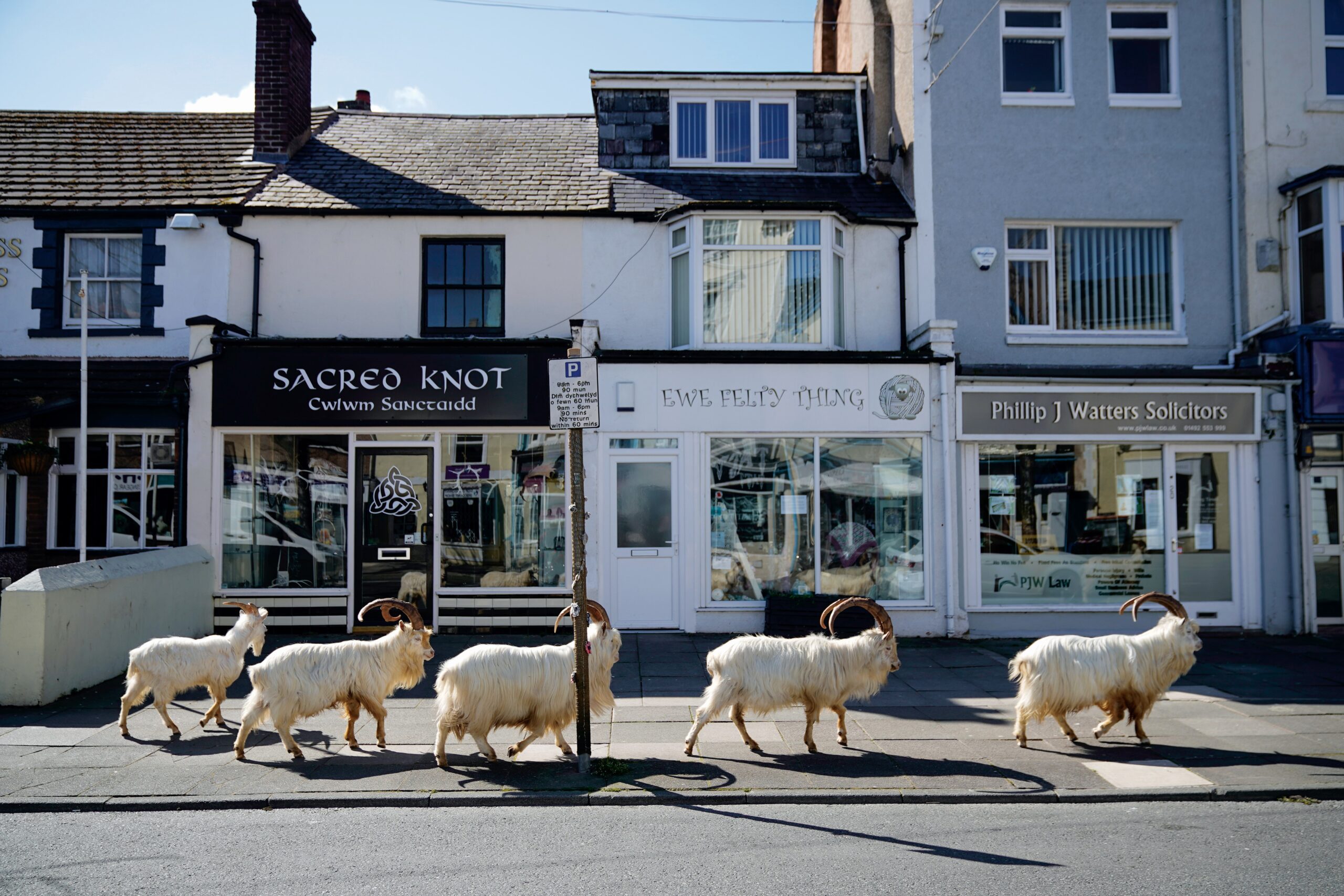








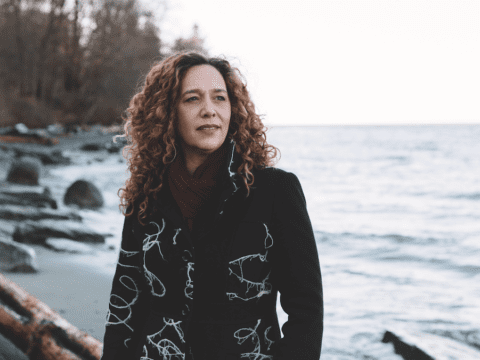
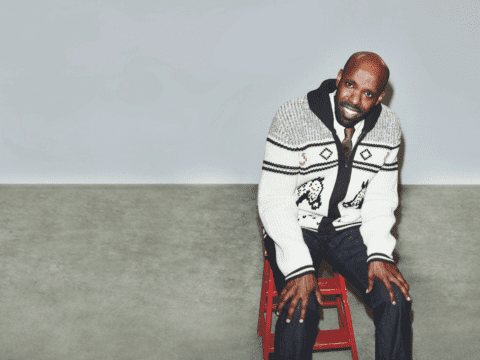
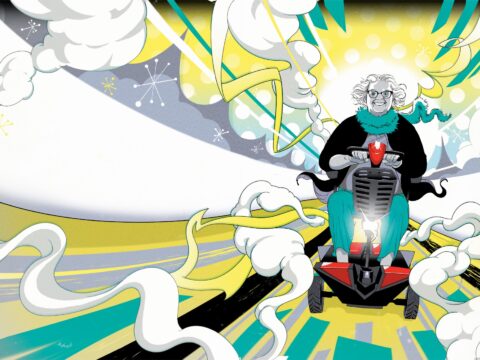
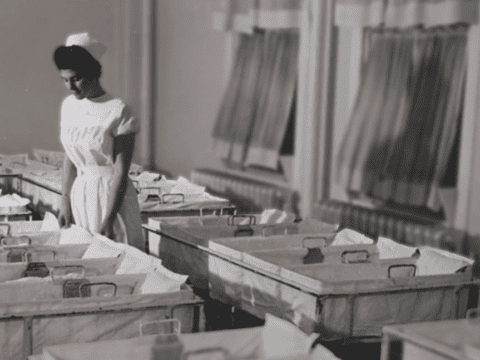
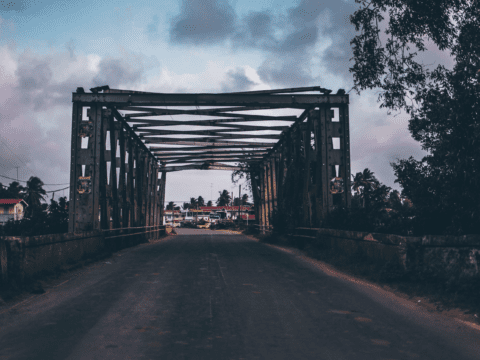

What is Mother Earth? I’m offended by the term. It extracts terms from evolutionary and feminist ideals. Where in the Bible do we see reference to this? I see a Heavenly Father, but never in my Biblical studies have I seen “mother earth”.
As a mother, she certainly doesn’t look after the mess, in fact often she creates them.
My Bible tells me God (my Father) provides me with meals and clothes. He teaches me the things I need to know through His Word. He listens. He does what’s best for me. And He’s always ready when I need Him.
According to Romans the Earth groans (8:21-22) I can do that on my own, I don’t need a mother to help me.
Christ tells me in Luke 21:11 that the Earth won’t be very caring in the last days either.
Yes, it’s wonderful to see clearer skies and robins everywhere. Yes, we are called to appreciate what God has given to us to fully appreciate His Glory. But we do not have a “mother earth” to be thankful for.